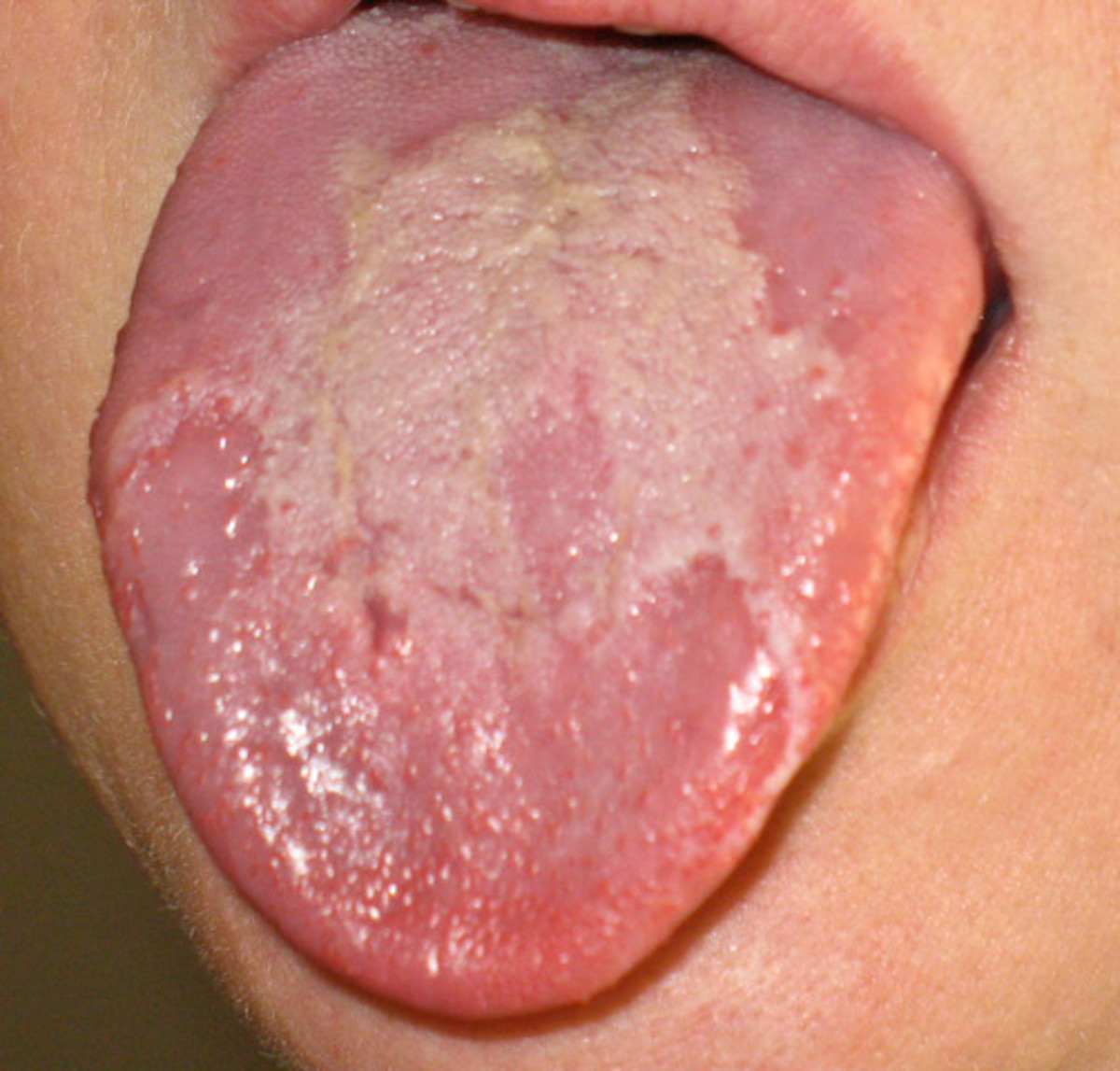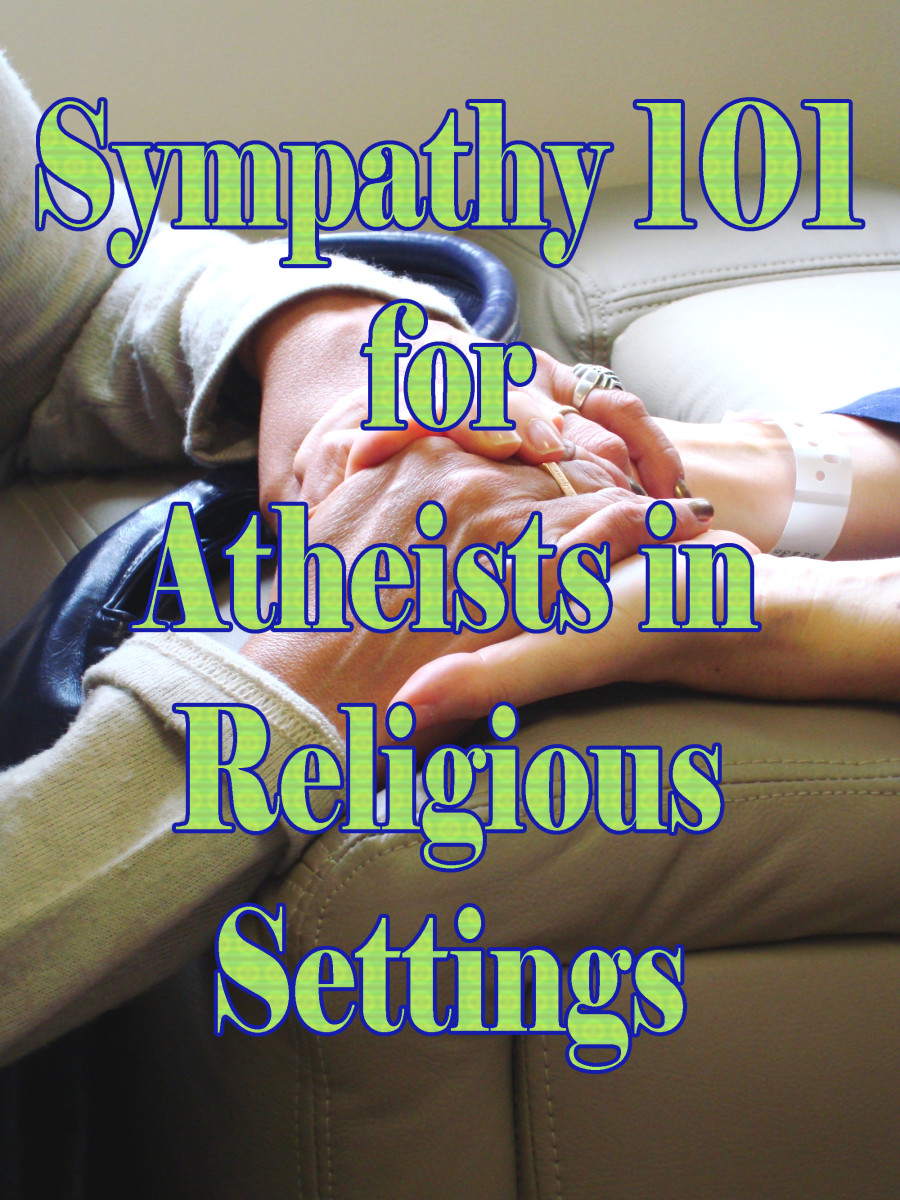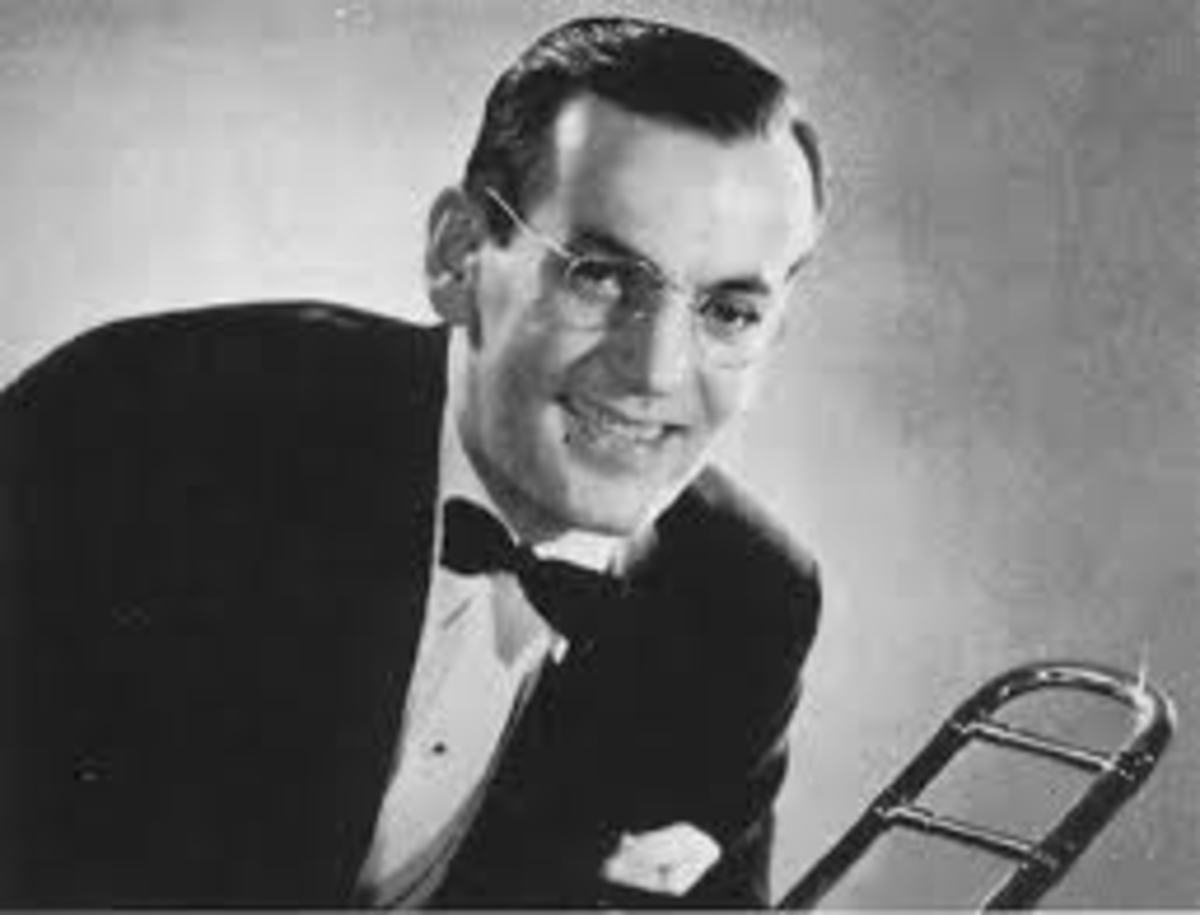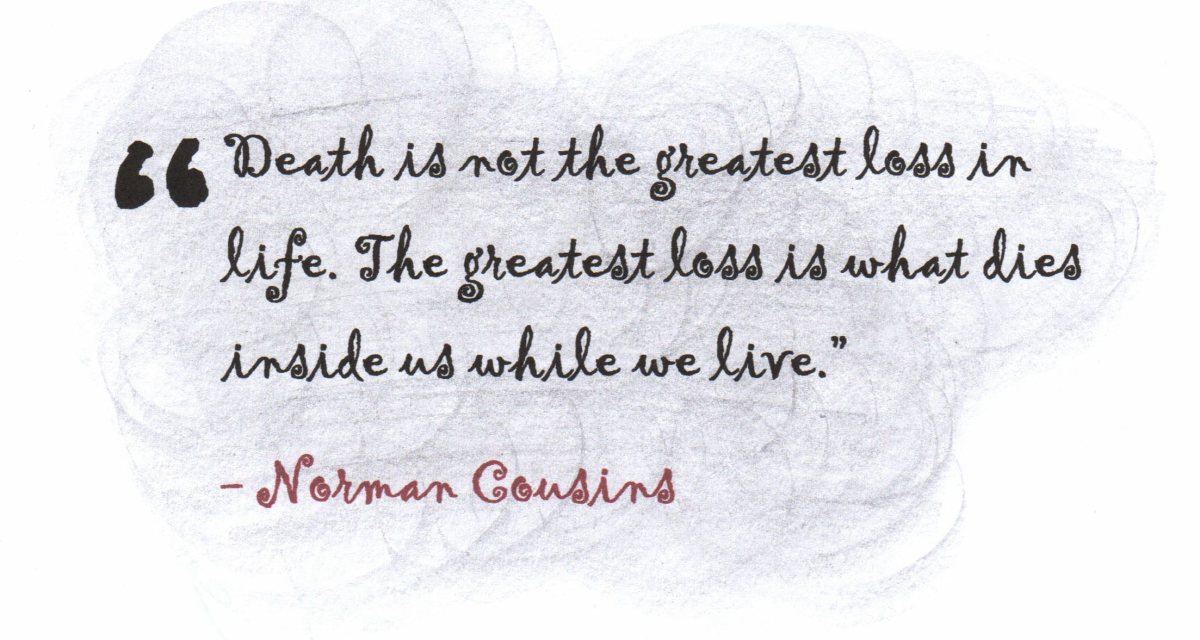Death and the caregiver
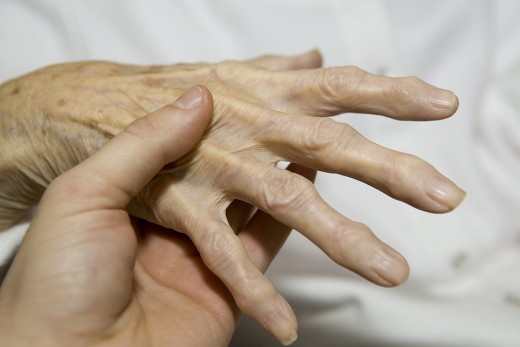
Outside is life
She had asked for Neil Diamond, and I had complied, loading the player with all six discs and pressing random play. “Red, red wine,” fills the room with a pseudo-calypso rhythm.
A gentle breeze wafts across the canal, through the wide-open doors and tousles her sparse, piebald red and grey hair. I turn away and watch the palm trees outside wave their fronds, almost in sync with the music. Sunny, bright and deliciously warm, almost mocking in its beauty, the day beckons me to come out into life and leave the drama playing itself out in the apartment behind.
For a few precious seconds, I let my mind flee. I soar out into the brilliant blue sky on wings loaned to me by Diamond and Jonathon Livingston Seagull, high above the houses and condos, the well-tended landscaping and the masts of the many moored boats, beyond all earthly ties, up to the wispy fair-weather clouds.
How distant our day-to-day worries, how ridiculous our struggles, our strivings, our useless ambitions our conquests and defeats when in the end we complete our journey, no matter what. Life and then, death. I choose life, keeping my face turned to the outside. I love life. Life --
“Please.” The word floats out on a breath, soft, barely formed yet expanding to fill all the space around me, in spite of the heartfelt refrain of “American Woman.”
I turn to the American woman dying beside me in the hospital bed Hospice has placed in what was once a beautifully appointed living room and is now a sick-room, with all the accoutrements a sick room requires. “What do you need?”
Her vivid blue eyes, so startling in the greenish-yellow, waxy face, her flesh now no more than a papery covering for the skull below, try to telegraph me a message.
A message I don’t receive. “Are you in pain?”
“Please,” say her gummy, chapped lips. Phlegm has collected at the corners.
“Water?”
Her eyelids flick and her lips form a word, the same word. “Please.”
I can’t give her a drink. Over the past hour, she has lost the ability to swallow. In the early hours of my shift, she’d sucked happily at a straw. But now, even sipping from a teaspoon causes choking and coughing. I take the spongy swab – why only one? – soak it in fresh water and moisten her lips. She opens her mouth, signaling her desire to have her inner mouth moistened. When the wet swab enters, she closes her mouth and sucks out the liquid – and her eyes bug forward as she goes into another paroxysm of gasping for air. I reach for the bed control box and raise her head. She grows agitated. Her quivering lips move.
“This--is--so--fucked,” she exhales, the words puffing out, more mouthed than spoken.
Without asking, I walk to the kitchen and grab a preprepared syringe of morphine. I return to her and hold it up before her almost blind eyes. The tumor in her brain had robbed her of most of her vision a few weeks earlier. “Morphine?” I ask.
“God, yes,” she replies.
I take her ice-cold hand and lift it to her mouth, placing the syringe in her bone-thin fingers. “Here it is.”
The hand falls limply across her chest. “Please.”
Another conundrum. By law, I am not allowed to administer the morphine. I am a caregiver, not a registered nurse. The drug must be self-administered – or Kate must be transferred to Hospice House and she does not want that. She wants to die as she has lived, privately, independently, on her own terms and above all, at home. Nevertheless, I’m all she has. It doesn’t require much thought. Screw the law. There’s the law and then there’s the right thing to do. I take her delicate, fragile hand in mine and hold it while I lift the dosage to her mouth.
Like a famished baby bird she opens her mouth and greedily rolls her tongue in the drug while I depress the plunger. Another line crossed. I finger her wrist as I lower her hand. The life force is a fluttering, thread beneath my fingertips.
I take her vitals. Her body temperature is low at 97.6. Her pulse rate is down from 94 beats per minute at eight o’clock this morning when I arrived to 75 now. Her blood pressure is only 63 over 36. I study her for a moment. At the base of her neck, her heartbeat causes a rapid fluttering as though some other living thing was trapped in there. Her body is a wasted shadow of the woman she’d once been, yet, as though trying to make up for the delicacy of the rest of her, her lower legs and feet are grossly swollen with edema, the legs red and painful. I must be careful when slip my hands under her calves and tuck her feet under the covers. Her feet are blue.
My eyes move up to the photograph on a chest showing Kate a decade ago, from a time when she was vital and brimming with life, the slender, finely-featured indomitable dame from Maine, stubborn to an irrational degree, independent and salty-tongued.
A small cry brings me back to the present Kate, the one determined to leave this world today. “More,” she pleads.
This I cannot do. Instead, I swab her mouth again and pull another blanket over her shivering body. Her eyes follow my form as I move, looking more through me than at me. What does she see? A faceless shadow looming over her or me, someone she hadn’t known existed nine weeks ago, a stranger paid to come in and help her with the most intimate of life’s functions: bathing, toileting, dressing, eating… One member of a team that had provided round-the-clock care and supposedly, companionship, foisted on her against her will, the price she had to pay for the privilege of staying in her own home. Is she glad I am here?
"Alone"
As if reading my thoughts, Diamond sings “Alone, again, naturally.”
I suppose dying is a lonely business. After all, even if you’re surrounded by your entire family, it’s you that’s dying, going to whatever is next, leaving life and loved ones behind to go on without you. It’s your body slowly shutting down as the dying process creeps along at a leisurely pace. What can those still obsessed with life and living know of your journey? Nothing, that’s what.
The morphine has begun its work and her agitation has disappeared. Only the rapid rise and fall of her ribcage, clearly visible under her parchment-like, yellowed skin and the flutter at her neck speak of life – and her eyes. They look so intense, as though willing me to understand something.
But I have undergone a journey of my own, from the easy friendship born of long night shifts spent together, talking, sharing our thoughts on life, politics, religion, marriage, divorce – all the forbidden subjects --to a sense of detachment. I am cold-hearted at this moment. I look after her bodily needs, but cannot allow myself to think of the Kate that has already died. For this barely functioning body is not she.
"Difficult"
By the time I had joined the team caring for her, Kate had already earned herself the reputation of being “difficult.” Once a professor of English in a New England college, educated and cultured, quick-witted and full of dry humor, she should have made friends easily. But she owned three things that kept others at bay: an absolute disdain of “fools,” a quick and sarcastic mouth, and no charity for the feelings of others. Four out of five caregivers worked one shift and announced “I am not going back there.”
But I can dish it out as well, and did. Kate and I clicked. She had once said, “What a shame I’m in this shape. We might have been good friends.”
I had replied, “So because you have cancer, you can’t make new friends? Bull shit! Consider me your new friend.”
I had liked the over-night shifts, 8 at night to 8 in the morning, because Kate didn’t sleep much, and we sat alone while the rest of the world slept, and I read to her, or we watched the news and dissected the stories, sometimes arguing for hours. I made batches of soup for her (Kate was a vegan) and froze them in portion sizes, ready for the day shift to thaw out while we talked about books and writing. She liked my cooking.
She grew comfortable with me, and I was one of two caregivers allowed to help her bathe, though, even then she held a washcloth over her missing right breast. I was not to see the mastectomy scar until the day she decided to die. The surgery and follow up treatments of radiation and chemotherapy she had kept to herself, not even telling her daughter, not until a year later when the doctors discovered the secondary tumors in her brain.
She told me of her troubled relationship with her daughter. Indeed, her daughter was busy at that time trying to have her mother declared incompetent, and herself made Kate’s guardian. “And if she thinks I’m going to live like that, I’ll just up and die right now.”
If ever I’d met an undeniably competent person, it was Kate. I had asked, “Why would she do that?”
“She doesn’t agree with my decisions, I suppose. I’d like to think she’s trying to save me from myself, but you know, she’s sixty years old and if she doesn’t know me by now, she never will.” Kate had had enough of what she termed the “cut, burn and poison” of traditional medicine’s approach to cancer treatment and had elected not to go down that road again. She laughed. “There’s certainly no money involved.”
“That’s your right,” I had said and known I was correct. I’d certainly sat through enough seminars on the rights of patients for this job.
“So I thought, but apparently not,” Kate had answered. Two days later, Kate had to go to the courthouse to meet the specialist in competency hearings for an evaluation. The resultant report concurred with my own opinion: Kate was a completely sane and rational human being who had made an informed decision and was fully aware of the consequences of her choice. Kate had added, “As if the end result won’t be the same no matter what.”
“At least this way,” Kate had said, quite cheerful, “I can spend whatever time I have left being happy, not poisoned and so sick I wish I was already dead.”
That is how it had gone, too. For weeks, I showed up for my shift, sometimes the morning, other times the evening and whenever I could, for the overnight and though I always said, “I think you’ve gained a bit of weight; you look better” in deference to her belief that supplements and health living might just beat the cancer, the truth was she already had that translucent complexion of the dying, and the yellow-green tinge that told me her liver was now involved, and she grew ever weaker.
Then, aware of the costs of ‘round-the-clock care and being of a decidedly frugal nature, Kate decided to invite some friends of hers “up-north” to come to Florida and help her, the wife being a retired nurse. She had, she confided to me later by telephone, only agreed to the services of our group in order to fight the competency issue. “But as soon as I’m feeling a bit better, we’ll get together, Lynda.”
Two weeks later, my supervisor called me and told me things weren’t going well for Kate and our services were once again needed. Was I interested?
Of course, I was.
She went on to explain the situation. Kate’s granddaughter was currently visiting and had tried to take over her care, had shut out the friends who’d come all the way from Maine and rented a suite next door, for undisclosed reasons. But the granddaughter had to leave, and Kate’s court-appointed trustee had stepped in. Our company had resumed twenty-four hour care. I had been busy with another client for the first few days, but now had time free. Could I take the morning shift the next day?
I would.
I was warned I would be “shocked” at Kate’s condition.
I answered, I wouldn’t be. My mother had died from cancer with a secondary tumor in her brain, much like Kate and I’d already seen how drastic and rapid the final decline could be. I would be fine, I assured my supervisor.
Brave words.
When the night-shift caregiver let me in, she briefed me. Kate had had a good day with her granddaughter yesterday, had slept well during the night. The granddaughter and her friend were packing up their car, getting ready to go. Kate was asleep. There are your instructions “just in case…”
Once alone in the room, breathing in the smell of sickness, seeing my friend prone in a hospital bed, the commode chair close by, I couldn’t help but recall those great night-long discussions and the spirited woman who wanted everything her way. I leaned over her.
The change was indeed shocking but not unexpected. Kate had become a living cadaver with rapid uneven breathing, and skin the distinct color of jaundice. I swallowed once or twice and lectured myself on keeping my emotions strictly under check.
Kate’s eyes opened.
I took her hand and said, “Hi, Kate. It’s Lynda. I’m here to spend the day with you.”
Her mouth opened. Each word was an effort. “So—happy—to—see—you.”
She dragged one hand to her mouth and made the hush sign. Two fingers beckoned me closer. “Where – is – everyone?”
“They are getting ready to leave.”
She made a small smile. “Get—me—up.”
It was a struggle. Kate could not support her own weight, leaving me to not only hold her up but to navigate her about. Her only contribution was the whispered shriek of, “Oh God, oh God. Oh, God!” in my ear. In what must have appeared as some kind of strange clumsy waltz were anyone looking, I managed to manhandle her into the closest chair – the commode, which I suggested she try and take the opportunity to use.
So it was that when the granddaughter came to say her last goodbyes, Kate sat upright, as regal as any queen on her commode, with a freshly washed face, combed hair, a clean shirt and a blanket draped over her bare lower body.
If anyone would have told me at that moment, Kate would be dying four hours later, I would not have believed it. But as soon as the granddaughter left, Kate deflated.
I literally dumped the exhausted, courageous woman back on the bed and hauled her up to her pillow, apologizing non-stop for the rough treatment, amazed at how such a wasted body could weigh so much. “Thank—you,” she mouthed. Then she beckoned me come closer. “I—want—to—go.”
“That’s perfectly all right with me,” I told her. “I’ll be here, right here.” I emptied the commode of a small amount of dark, brown urine. Apparently, the kidneys had already shut down.
I pulled an armchair close to the bed, sat down and took her hand in mine. With the other hand I picked up the Bible Kate kept beside her. I am not a religious person, but I do know the Good Book. I turned to the appropriate chapter and began to read.
“The Lord is my shepherd. I shall not want…”
When I finished, her hand squeezed mine.
Then there was silence, save for the rhythm of Kate’s shallow breathing and the sounds of life from outside the window. Eternity passed, though it was a mere thirty minutes. Occasionally, Kate’s hand twitched in mine and I returned the greeting with a gentle squeeze.
We both began our separate journeys, hers to death and mine to numb detachment.
She slept, and when she awoke, she asked for Neil Diamond and I complied.
"Walking on water."
Sweet Caroline has ended. I check on her. I had thought her asleep; she isn’t. Her eyes are wide open, staring straight ahead, seeing something I cannot. Her jaw quivers. The pulse at her neck is stronger, faster. I swab her lips and mouth. This time she does not suck at the sponge. Her face flickers and her eyes fasten on to my form.
“Are you scared?” I ask.
Her poor chapped lips pull into a smile. She speaks, each word a glottal puff. “Not—at—all.”
“Good.”
She sighs, a long, deep sigh.
I am, I said… surrounds us with sound.
But Kate is no longer.
It takes me a few seconds to comprehend. I note the time.
Goodbye, Kate. You have died as you lived, entirely your own way. Well done.
Neil Diamond is singing about walking on water when I turn him off.
I wait
I go to the phone, functioning at a strange mechanical level. I call Hospice. They must come and pronounce death in accordance with Florida law. The duty nurse tells me it may be some time before she can get here, more than an hour. “At what time did she stop breathing?”
“12:36. I’ll wait for you.”
I call the trustee and tell him. He fires off instructions I am too numb to understand. I ask him to repeat. I am to call the funeral home. I am to remove all medications. I am to take the keys and secure the premises. I am to…
“This is not my job,” I tell him.
“Oh, right.” I hear him inhale a cigarette. I want one. He sucks on another drag. I really want one. I come to understand he is in shock. Why? This is the job he signed up for. His silence irritates me. He clears his throat with a wet cough. “I can be there in an hour or so.”
“I’ll wait for you.”
I call the caregiver who was to relieve me at four. She cries.
I call my office and get the answering service. I leave a message, telling them.
I return to her body. She wouldn’t want people to see her like this. I get a basin and washcloths. I go to her bedroom and find something to dress her lower body. I do what I can for her and pull the sheet over her.
I walk out on the lanai and suck up life. I can’t shake off the numbness. I need to do something. What? And then, thankfully, my brain power returns. I spend the hour and a half waiting for the others doing the last of the laundry, loading all dishes into the dishwasher and starting it, collecting all garbage and taking it out, emptying the refrigerator of all foods, collecting the medications for the Hospice nurse to dispose of….
And finally others arrive.
I’ve done my best for her and now I can go.
Somehow, I make it safely home. I am so tired, more tired than I can remember ever being. I lie on my couch and turn on the TV. My dog, sensing my mood comes and lies beside me.
The phone rings, my supervisor. “Are you all right?”
“Yes. I’m fine. It was an honor to help her.”



